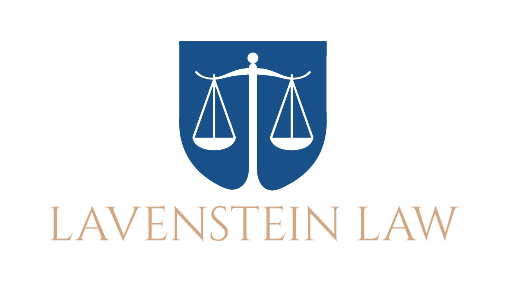By: Rachel Mencel
[ad_1]
Warrants can be issued for a variety of reasons, and if one has been issued for your arrest or detainment, you need to understand what it means. When the police or judicial system has charged someone – whether it be with a fine, traffic ticket, or minor or serious criminal offense – and he or she misses the set court date or law enforcement officers need special permission to detain someone, a judge is able to issue a warrant for the arrest or search of that person.
What is a warrant?
The warrant itself is a written order that gives legal permission to search for or detain someone who broke the law. The warrant is issued by a judicial officer – or some other authorized person – who commands a member of law enforcement to carry out some action for the administration of justice.
There are a wide variety of warrants that can be used for many different purposes of upholding the law. Typically, a judge will issue a warrant to the police to give them a basis to arrest a suspect or search a piece of property for incriminating evidence.
The Fourth Amendment
A warrant can only be issued when the law enforcement can prove to the judicial system that there is probable cause, supported by an oath or an affirmation. The Four Amendment to the U.S. Constitution states that “no warrants shall issue, but upon probable cause, supported by oath… particularly describing the place to be searched, and the persons or things to be seized.”
There are three main reasons why a warrant is issued, and these are: to arrest someone, to search someone or something, or to bring someone to court.
Three Main Types of Warrants
The first most issued warrant is an arrest warrant, which is issued by a judge or judicial officer giving permission to law enforcement to arrest someone. Typically, an arrest warrant is issued based on a sworn complaint accusing the person to be assigned the warrant with a crime. The warrant itself must be very specific about the person involved; otherwise it won’t be permitted in federal court and is referred to as a “John Doe warrant.”
The second most issued warrant is a search warrant, which is issued by a judge giving permission to a law enforcement officer to search a specific person or piece of property and bring the findings before the court. Just like the arrest warrant, there must be probable cause to search the person or property, and that decision is based on an affidavit supplied by the law enforcement officer.
The third most issued warrant is a bench warrant, which is initiated and issued from the bench or court instructing the law enforcement to bring someone before court. Although it is very similar to an arrest warrant, it isn’t as drastic as it usually only involves someone who had failed to appear in court for a summons, citation, or subpoena.
Each of these warrants is very serious, and should not be taken lightly. In any case that a warrant is issued for you, you should immediately contact a legal professional.
[ad_2]
Source













